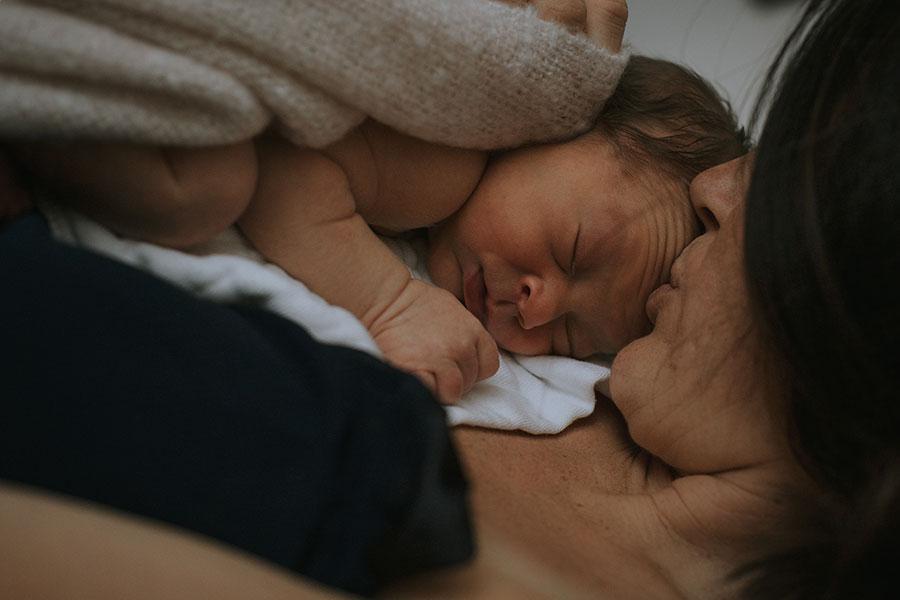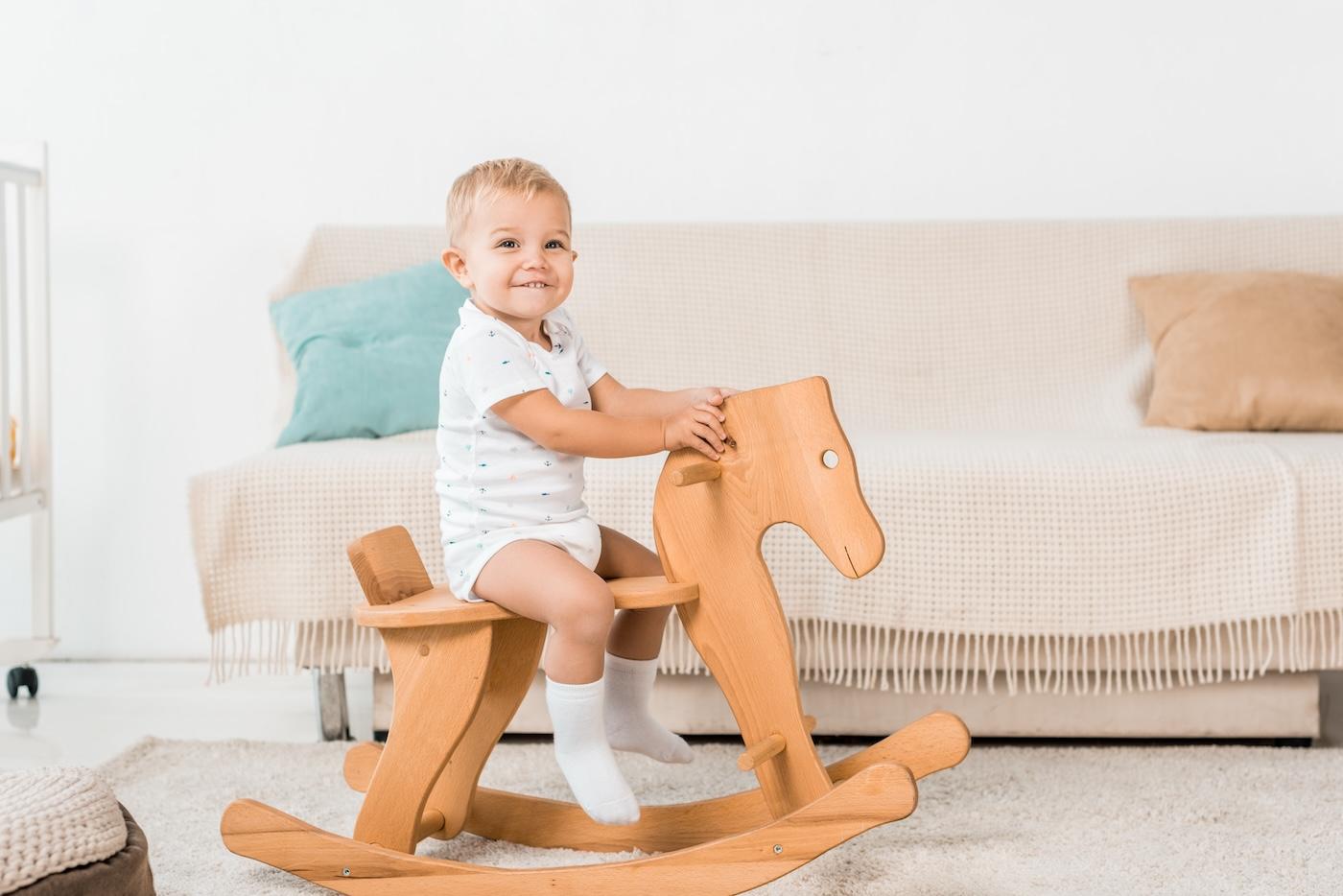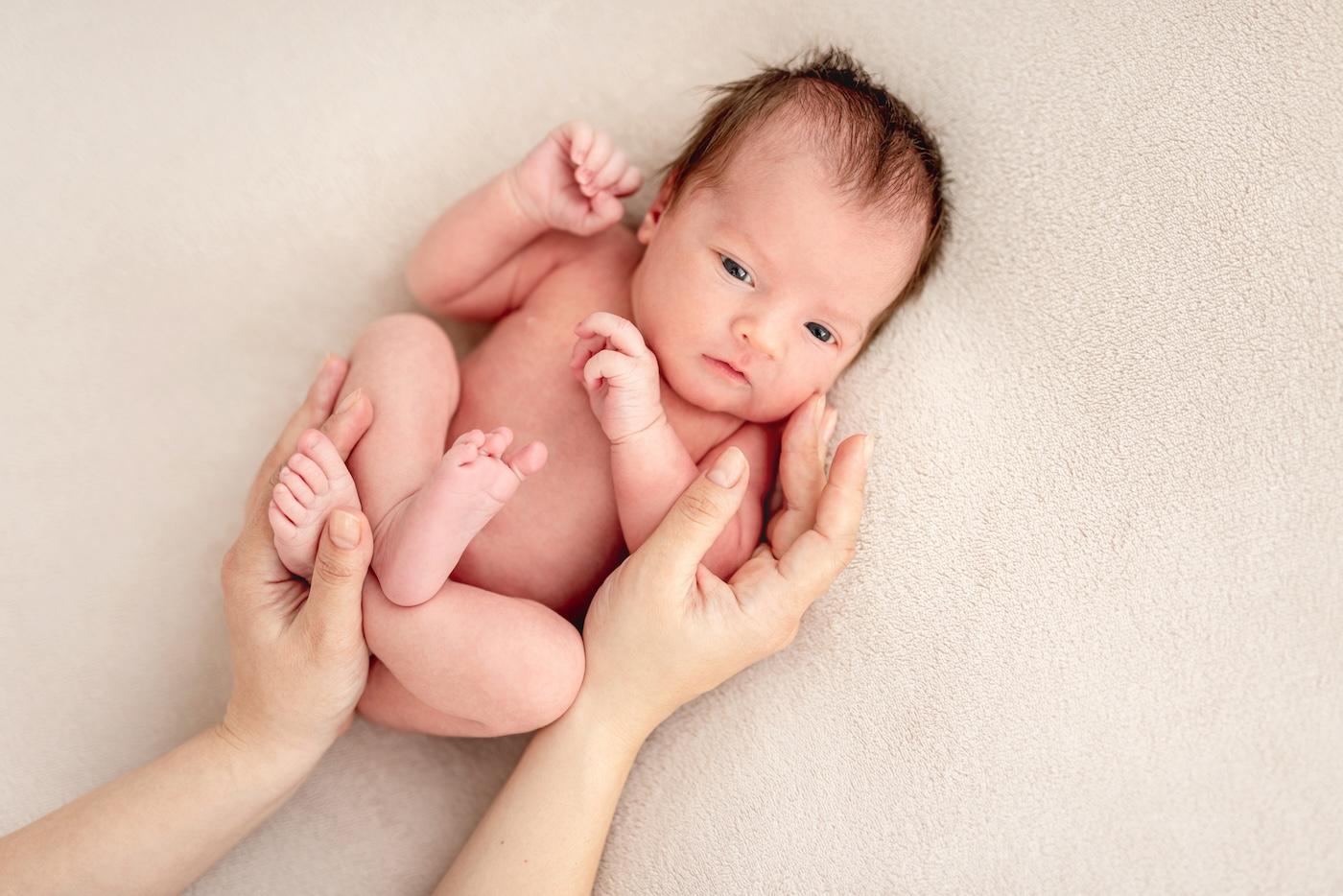BABY
Baby Wakes Up Crying: How to Handle Your Baby’s Night Wakings
Effective ways to get your baby sleeping through the night.

Written by
Dr. Harvey Karp

Baby Wakes Up Screaming and Crying at Night
This article provides advice specifically for babies 3 to 12 months of age.
Night awaking and night crying pull on our heartstrings. And of course, we often jump right up because we do not want the entire household to wake (and we hope to lull our little one back to sleep before he fully wakes). Night awaking is the biggest sleep complaint of a baby’s first year. About 25% of 5-month-olds cannot sleep 6 hours in a row. And frequent night-awakers end up receiving 1.5 hours less sleep overall!
New Zealand researcher Jacqueline Henderson and her colleagues had mothers track their babies’ sleep patterns. They found that:
- 50% of 3-month-olds slept 5 hours straight. (Not bad!)
- 50% of 5-month-olds slept 8 hours, from 10 pmto 6 am (Jackpot!)
- 15 percent of infants could not even sleep 5 hours straight by their first birthday. (Uh-oh!)
A different Canadian study found that:
- A third of 5-month-olds who awoke at night still could not manage 6 hours of unbroken sleep at two and a half years of age. (Yiiiiikes!)
Is Your Baby Waking Every Hour?
If your baby is awakening every hour of the night, then you must work on creating a daily routine. Routines are important for your baby because they subconsciously tell your baby when it is time to play, eat, and sleep. A baby waking every hour of the night has a poor routine, and it is important for you to give your baby a bedtime routine that starts at least 30 minutes before bedtime. Click here to learn more about bedtime routines.
What to Do to Reduce Night Awaking
So do not just wait for your 5-month-old’s sleep to fall into place. Luckily, there are effective ways to get your baby on the right path earlier. First, establish a calming bedtime (and pre-bedtime) routine. Use a strong, rumbly white noise all night long—this helps your sweetie learn to self-soothe by providing cues that do not involve your presence.
If your infant is past 5 months and is still awaking between midnight and 6am, you should consider the following:
Night Awaking Causes
- She is overexcited.
- Something is bugging her (including hunger).
- She has learned too many wrong habits and not enough good sleep cues.
- Your bedtime timing is off (it is too early, too late, or too irregular).
Does that list sound familiar? Not surprisingly, these are exactly the same reasons infants fight falling asleep. Addressing these issues will end or diminish night awakenings for most babies 3-12 months of age.
But if there is anything I know after decades of baby watching it is that setting a great routine and sleep cues like white noise and a lovey (a hand-sized stuffed animal or a hanky-sized blanky, safe after 12 months)—can do the trick to improve your little one’s sleep.
***
SNOO Baby Cot is Happiest Baby’s newest innovation. It responds to fussing with unique womb-like sound and rocking, quickly aiding a baby’s sleep…and a parent’s too. Learn more.
Disclaimer: The information on our site is NOT medical advice for any specific person or condition. It is only meant as general information. If you have any medical questions and concerns about your child or yourself, please contact your health provider. Breastmilk is the best source of nutrition for babies. It is important that, in preparation for and during breastfeeding, mothers eat a healthy, balanced diet. Combined breast- and bottle-feeding in the first weeks of life may reduce the supply of a mother's breastmilk and reversing the decision not to breastfeed is difficult. If you do decide to use infant formula, you should follow instructions carefully.
SHARE THIS ARTICLE
PARENT PICKS
Bestsellers



















